Ever watched a bouncy Labrador zoom around the park and thought, “Wow, that’s a lot of energy!”? Dogs bring pure joy, but some breeds can feel like you’ve invited a furry tornado into your life. For seniors who crave companionship but appreciate calm over chaos, picking the right pup is a big deal. As someone who’s spent a lifetime with dogs (and more than a few chewed slippers), I know how overwhelming the wrong match can be. Let’s take a warm, honest look at 15 dog breeds that might just be a handful for the golden years—because sometimes, love means knowing your limits.
Siberian Husky
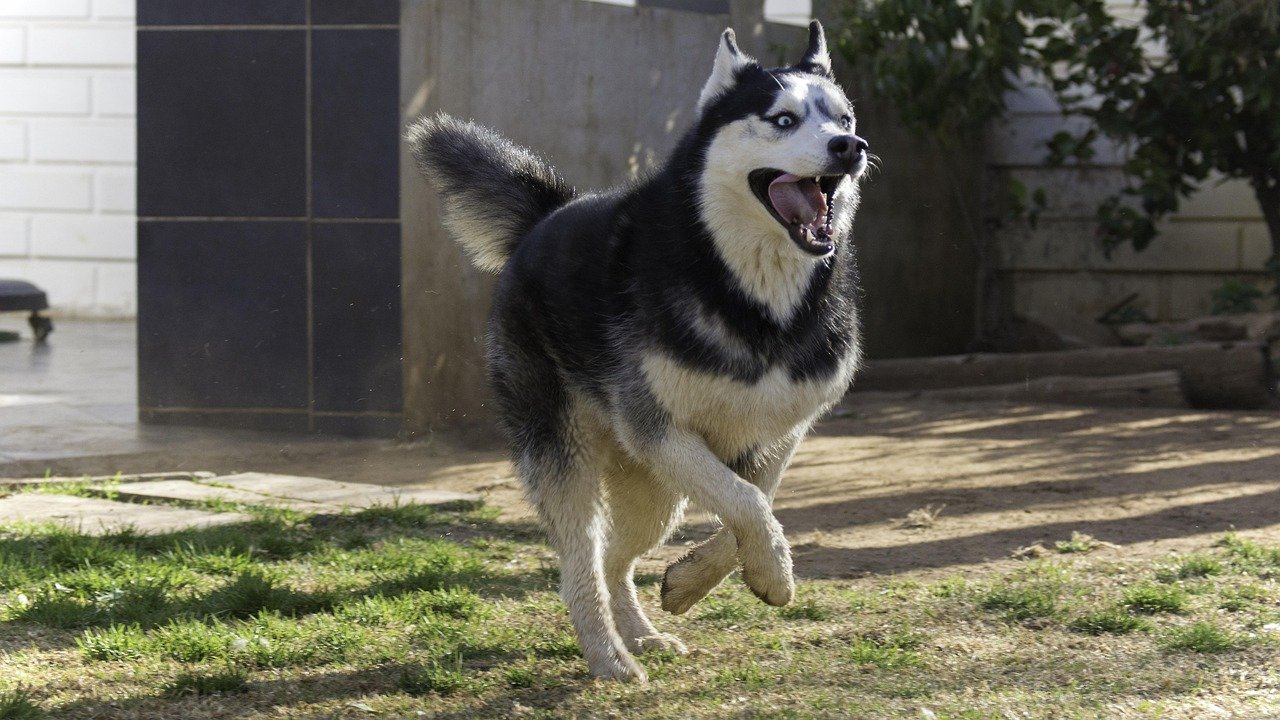
Huskies are beautiful, spirited, and have energy that never seems to run out. They’re famous for their love of running and mischief—think stubborn escape artists who can leap fences like Olympic athletes. If you enjoy long hikes or jogs daily, a Husky could be a blast, but for most seniors, just keeping up can be exhausting.
Their thick coats require a lot of grooming, and they tend to “talk” (howl!) when bored. Without enough activity, Huskies can get destructive fast—chewing, digging, and rearranging your flowerbeds. Seniors living in apartments or with mobility issues might find a Husky more challenging than charming.
Border Collie
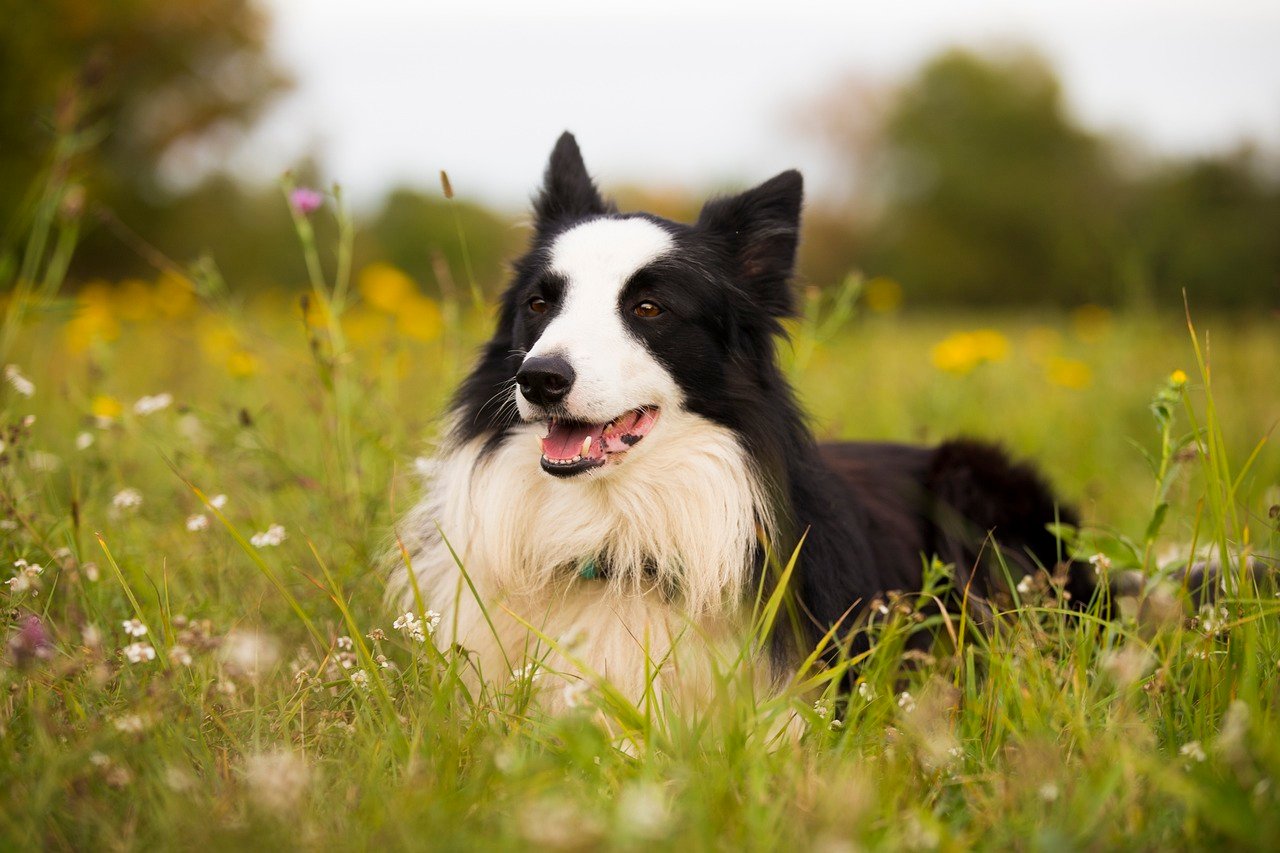
Border Collies are often called the smartest dogs in the world, and that brainpower needs a job. They are herders at heart, which means they’re always looking for something to do—sometimes herding kids, cats, or even your feet!
Without daily mental and physical stimulation, a Border Collie can turn restless and anxious. They need space to run and games to play, which can be tough for those who want a more relaxed pace. Their boundless energy is wonderful, but it’s best suited for owners who can keep up.
Belgian Malinois

If you’ve ever seen a police or military dog in action, chances are it was a Belgian Malinois. They’re fiercely loyal, incredibly athletic, and need constant training and exercise. For seniors, managing their intensity can feel like a full-time job.
Malinois become frustrated and even destructive without enough to do. They thrive on structure, advanced obedience, and physical challenges. Unless you’re ready for agility courses and daily adventures, this breed may be too demanding.
Dalmatian
Dalmatians are famous for their spots and stamina, but their high-octane spirit can be overwhelming. Originally bred to run alongside carriages, they have endurance for days and crave activity.
They’re also known for stubbornness and can become hyperactive or anxious if left alone too long. Dalmatians need consistent training and lots of space to burn off steam, which can be tricky for those with limited mobility or energy.
Jack Russell Terrier
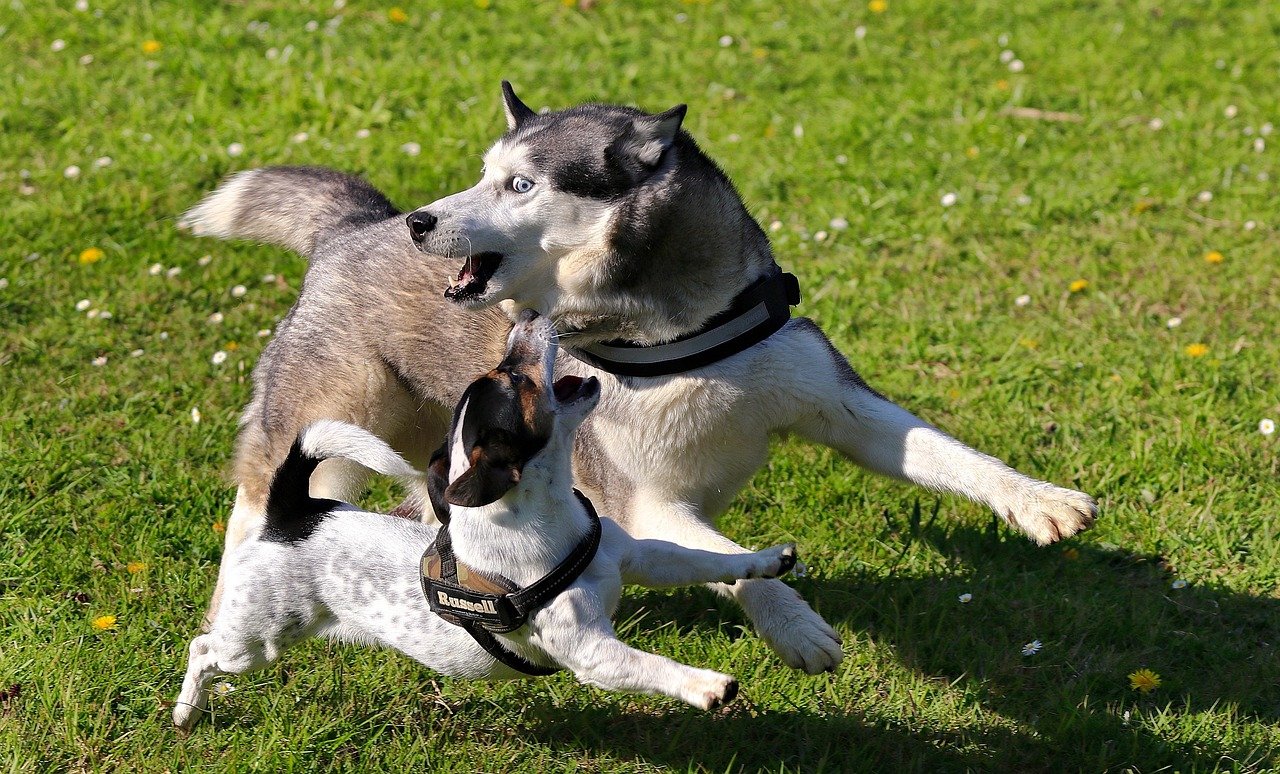
Don’t let their small size fool you—Jack Russells are like little rockets! They have boundless energy and love to dig, chase, and bark at anything that moves. Their intelligence means they get bored easily, and a bored Jack Russell is a master escape artist.
Seniors looking for a lap dog might be surprised by how much activity this breed demands. Without constant engagement, they can develop troublesome habits like chewing or incessant barking.
Weimaraner
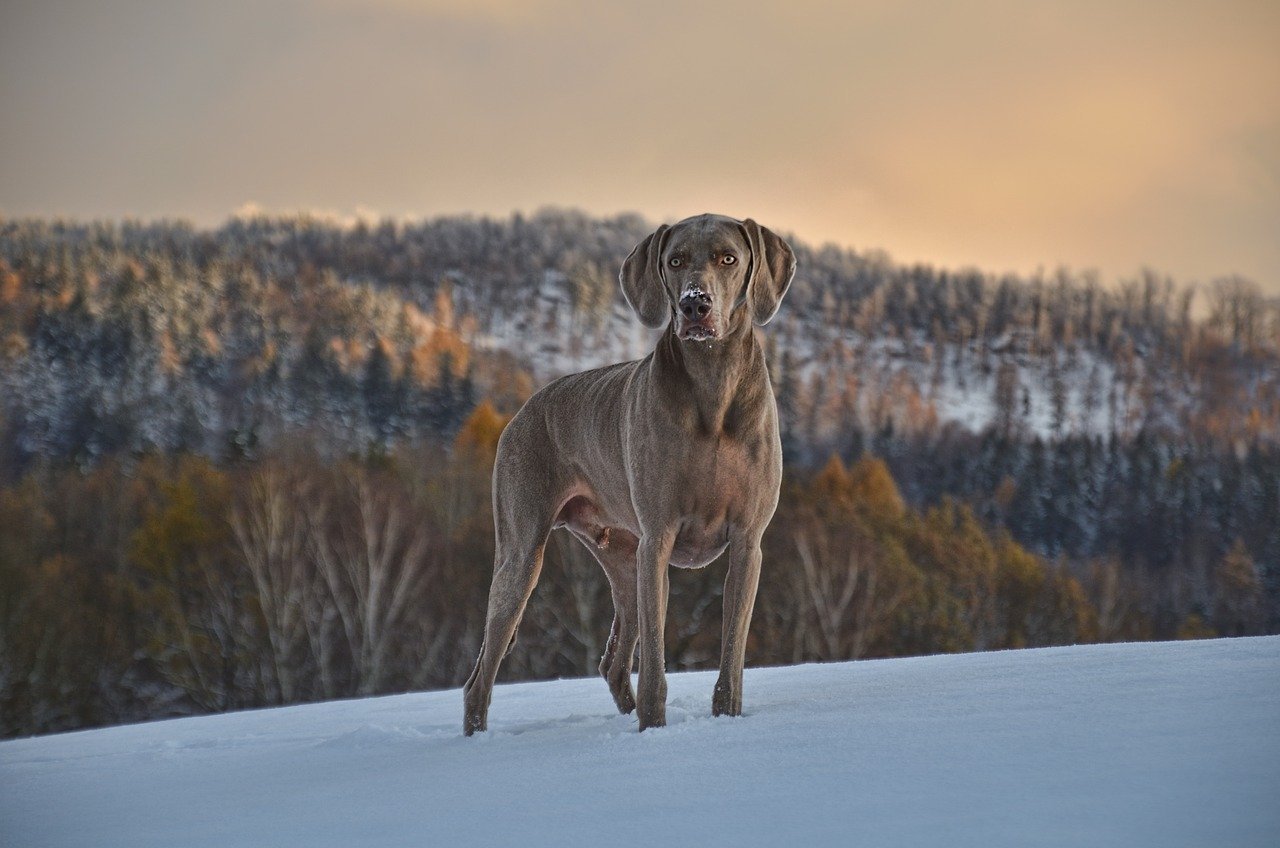
Known for their sleek silver coats, Weimaraners are elegant but intense. They’re natural hunters and need daily runs or vigorous play to stay happy. Without enough exercise, they become restless and sometimes destructive.
Weimaraners are also prone to separation anxiety, which can lead to barking, chewing, and stress. For those who prefer a calm companion or live in smaller spaces, this breed’s needs may be overwhelming.
Australian Cattle Dog
Australian Cattle Dogs are sharp, loyal, and bred to herd livestock all day. Their stamina and herding instincts mean they’re always on the move, often trying to “herd” people or pets in the house.
These dogs need mental challenges and physical activity to avoid boredom. They’re protective and sometimes wary of strangers, so consistent socialization is key—a task that can feel daunting for seniors seeking a more laid-back friend.
German Shepherd
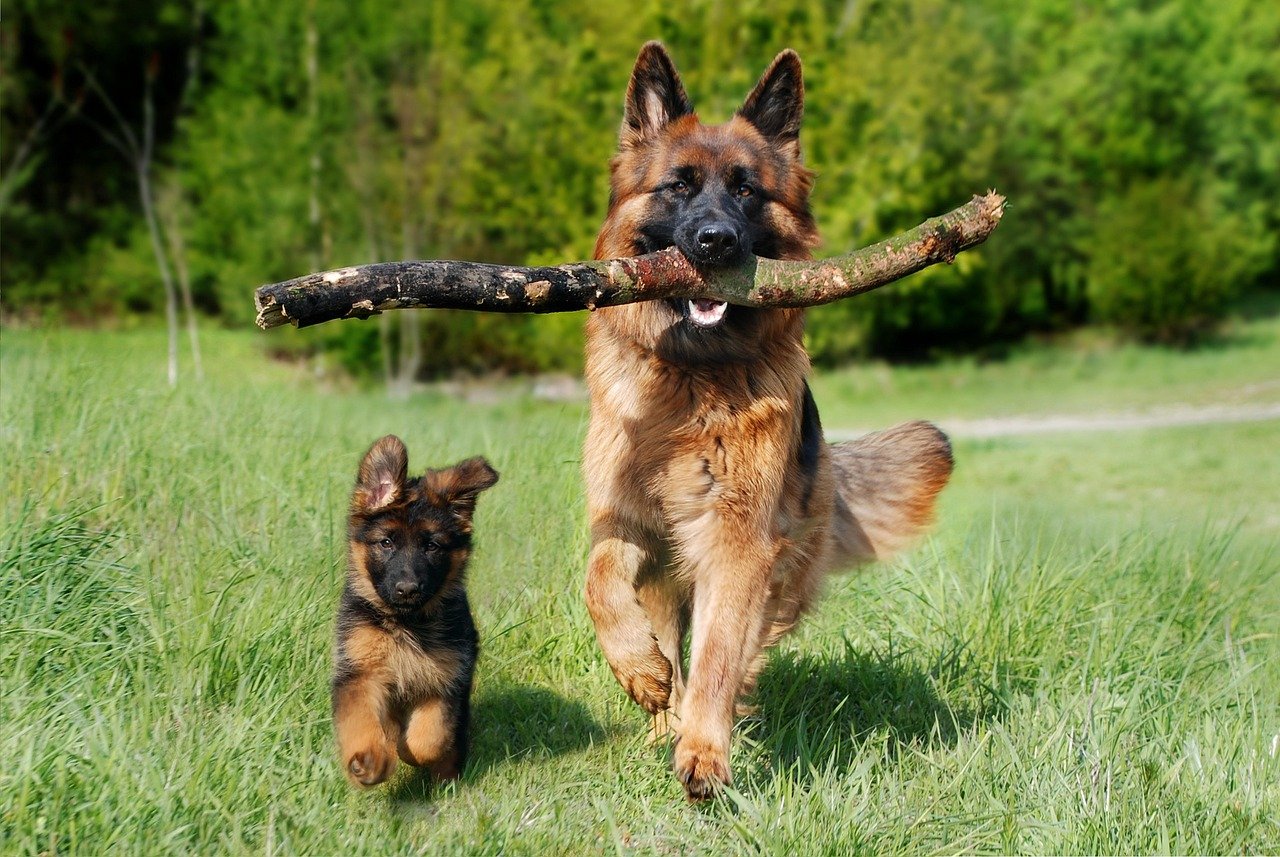
German Shepherds are confident, smart, and powerful. They excel in police and service work for a reason—they’re driven and need direction. While loyal, they require firm, consistent leadership and daily exercise.
Without enough activity or structure, German Shepherds can become anxious or overprotective. Their size and strength can be hard to manage for seniors with limited mobility or strength, especially during walks or play.
Boxer
Boxers are goofy, affectionate, and full of bounce. They love to play and need lots of physical activity. Their playful roughhousing and strong bodies can accidentally knock over kids—or adults who aren’t steady on their feet.
These dogs crave companionship and can get destructive if left alone too long. For seniors, matching a Boxer’s energy might be more than they bargained for, especially during their energetic puppy years.
Akita

Akitas are dignified, loyal, and sometimes aloof. They’re strong-willed and need an experienced hand. Their size and protective instincts can be hard to manage, especially if they’re not well-socialized from a young age.
Without proper training, Akitas can become territorial and even aggressive with strangers or other animals. Seniors who want a gentle, easygoing companion may find the Akita’s intensity overwhelming.
Alaskan Malamute
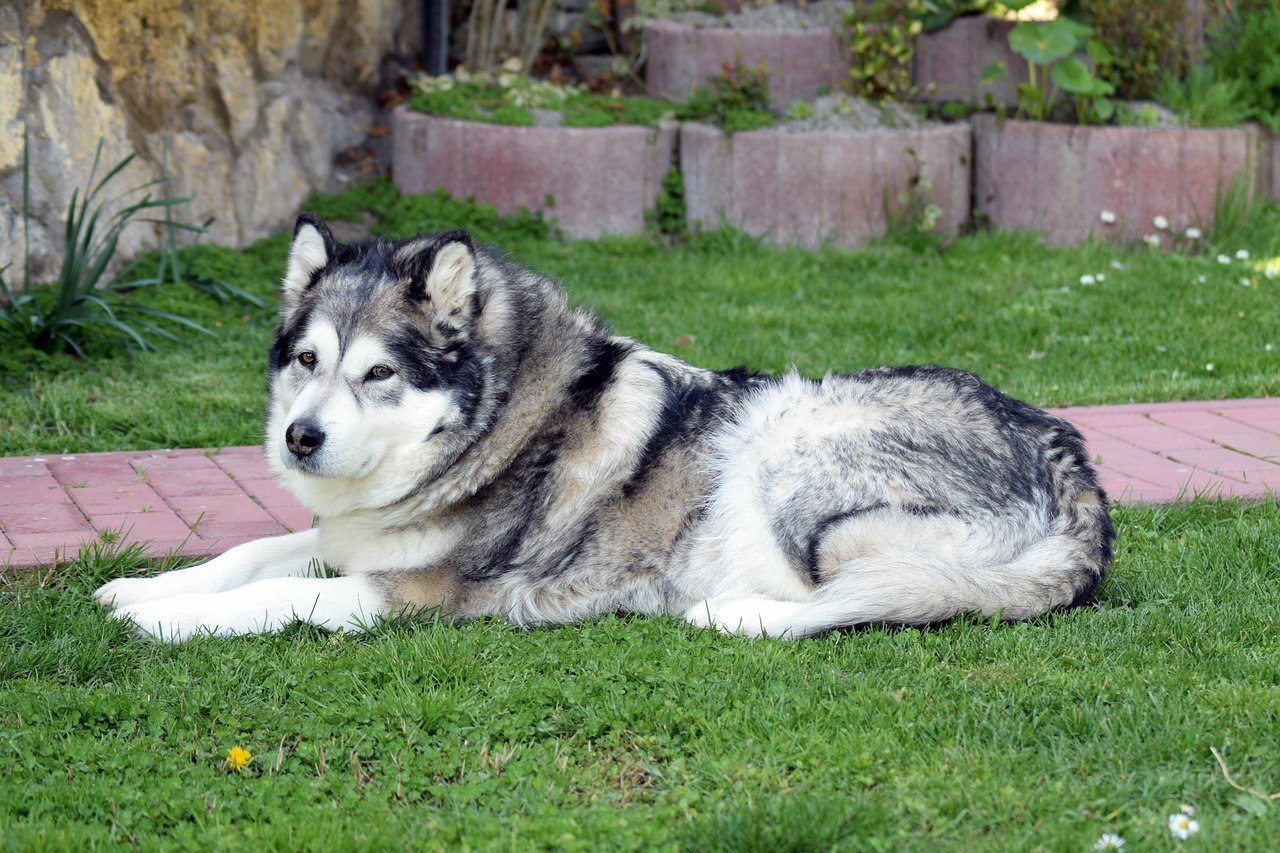
Alaskan Malamutes are powerful sled dogs bred for hard work in tough conditions. They’re incredibly strong, love to dig, and shed—a lot! Their playful personalities mask a stubborn streak, and they need serious exercise.
A bored Malamute can be destructive, and their strength can make walks a real challenge. Seniors living in warm climates or apartments may find this breed’s needs tough to meet.
Doberman Pinscher
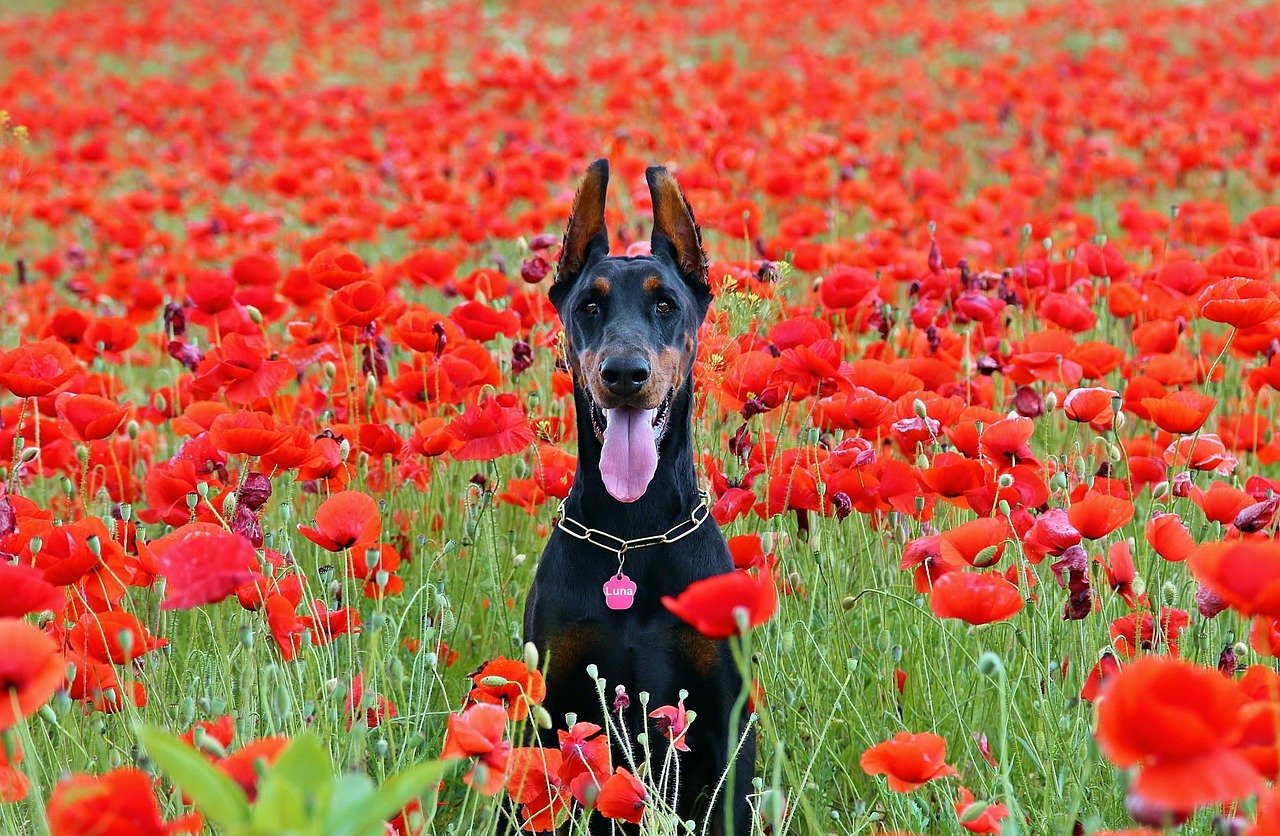
Dobermans are elegant, alert, and fiercely loyal. They’re natural protectors and need lots of exercise and mental stimulation. Without enough to do, they can become restless or even develop behavioral issues.
Their strength and assertiveness require confident, experienced handling. For seniors who prefer a calm, easygoing companion, a Doberman’s energy and intensity might be too much to handle day-to-day.
Vizsla
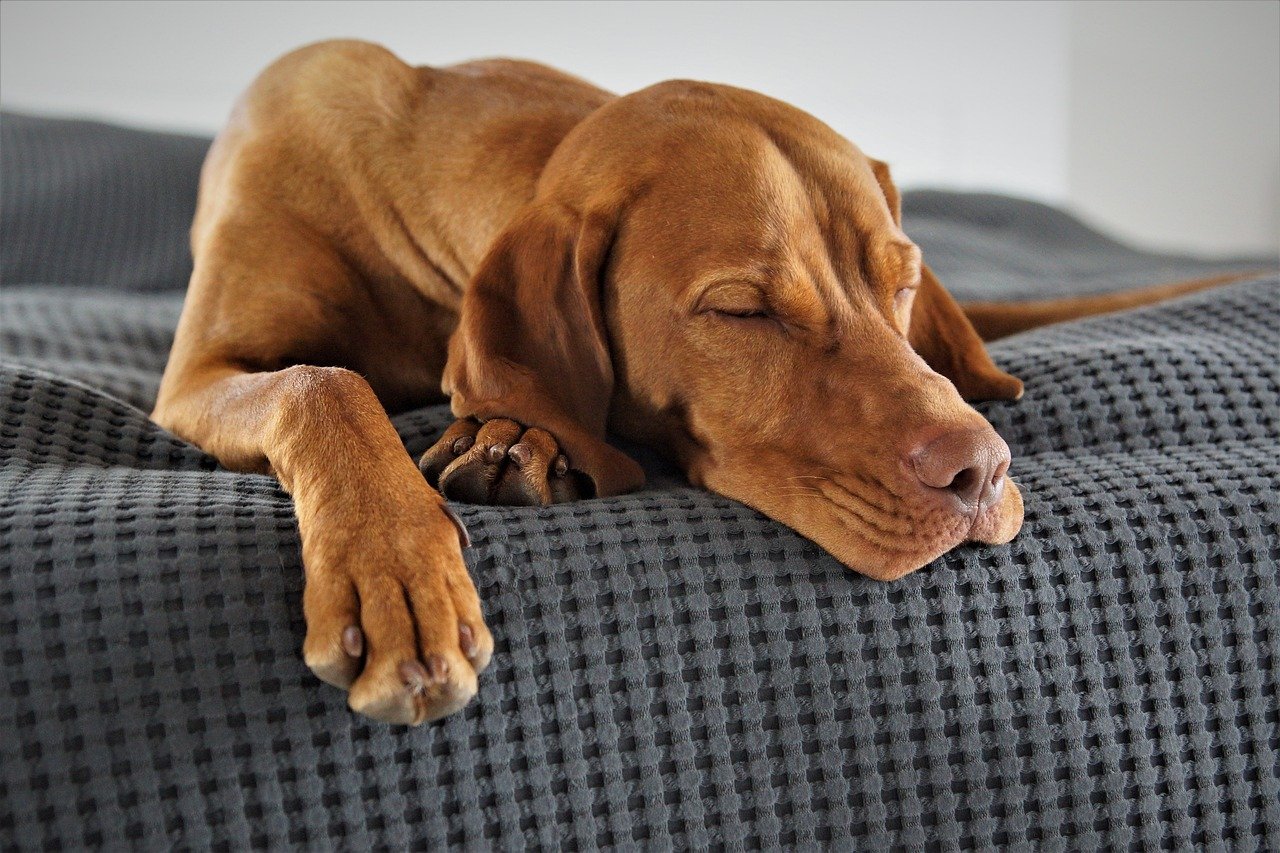
Vizslas, sometimes called “Velcro dogs,” are affectionate and stick close to their people. But they’re also high-energy athletes that need daily running and games. Without enough activity, they can become anxious or destructive.
Their sensitivity means they don’t do well when left alone for long. Seniors looking for a low-maintenance friend might find the Vizsla’s emotional and physical needs overwhelming.
Great Dane
Great Danes are gentle giants, but their sheer size can be a challenge. They need space to stretch out and regular exercise to stay healthy. Managing a dog that can easily weigh more than most people is no small feat.
While usually calm, their strength can make walks or vet visits difficult for those with mobility concerns. Health issues like hip problems or heart disease are also common, requiring attentive care.
Rhodesian Ridgeback
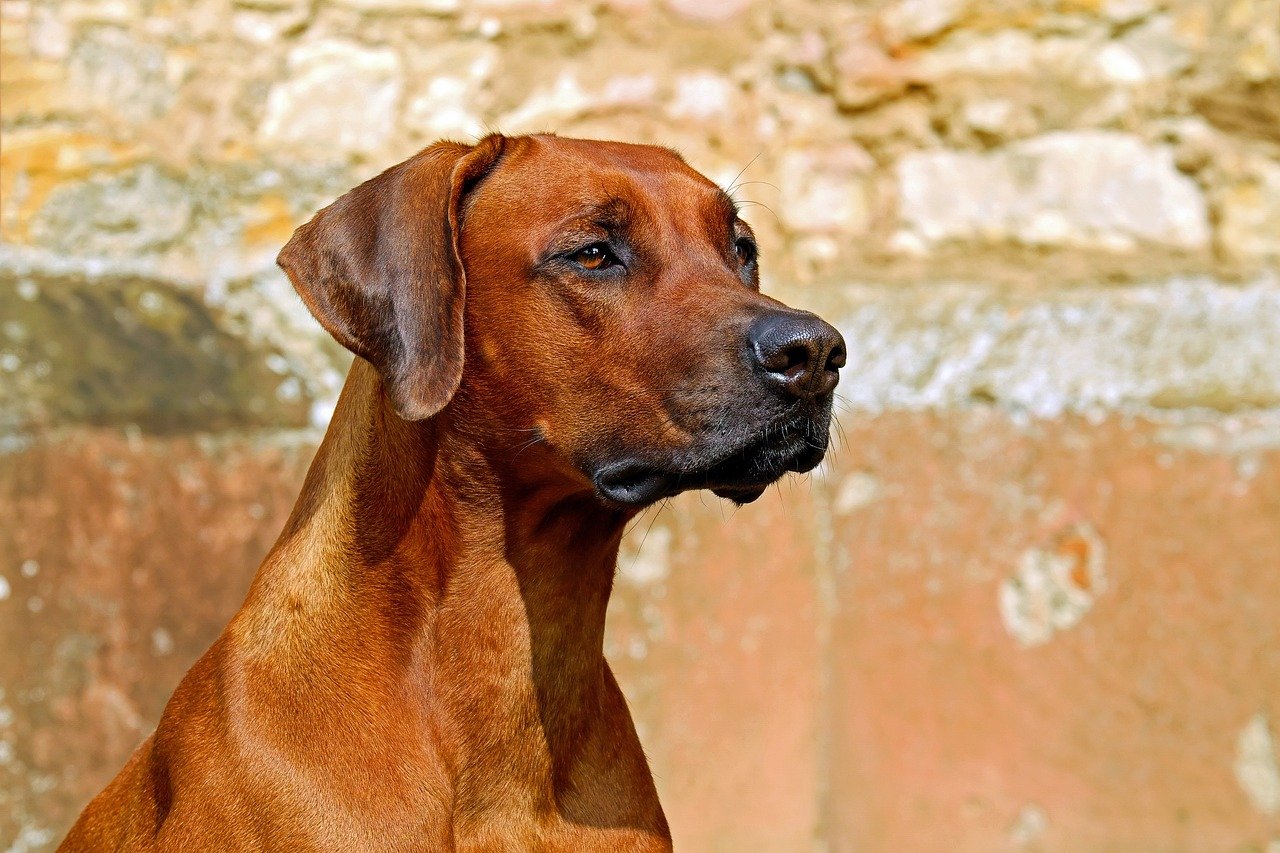
Rhodesian Ridgebacks are independent, athletic, and originally bred to hunt lions. They need firm, consistent training and lots of physical activity. Without enough exercise, they can become frustrated and unmanageable.
Their independent streak means they aren’t always eager to please—unlike some other breeds. For seniors who want a cuddly, easy-to-train companion, the Ridgeback’s needs and personality might prove too demanding.
Shetland Sheepdog
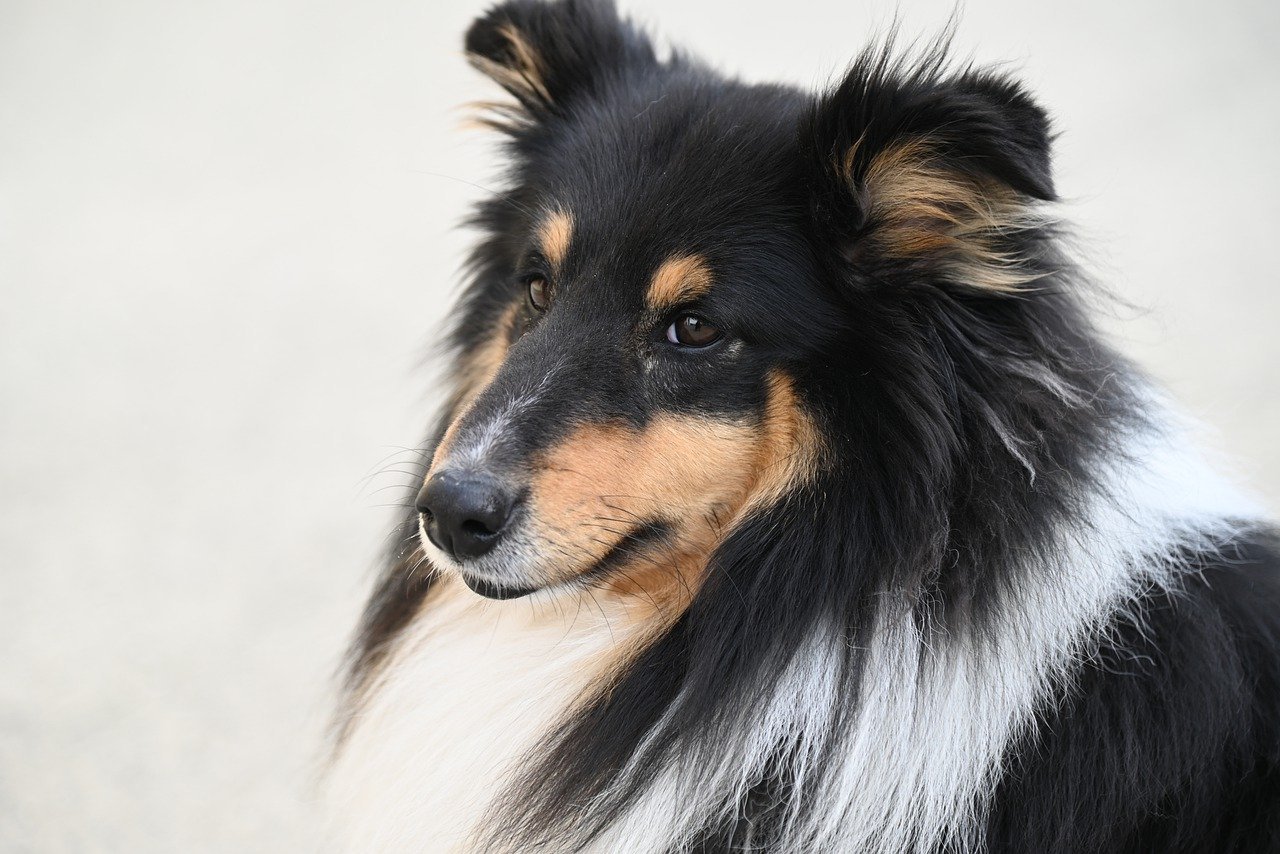
Shetland Sheepdogs, or Shelties, look like mini-collies and are known for their intelligence and energy. They thrive on mental challenges and love to be busy, whether herding, playing, or learning new tricks.
Their thick coats need regular grooming, and they tend to bark—a lot. For seniors who value peace and quiet or can’t keep up with daily brushing, the Sheltie’s quirks may be a bit much.





